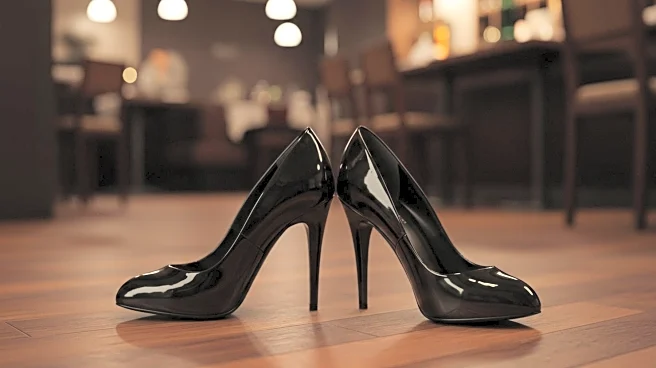What's Happening?
Neil Kiefer, a 73-year-old Florida lawyer, is attempting to revitalize the Hooters brand by rolling back its skimpy uniforms as part of a bankruptcy restructuring plan. Kiefer, who has been associated with Hooters since 1992, aims to transform 50 shuttered locations into family-friendly destinations by eliminating the bikini-style bottoms in favor of traditional orange shorts. Despite these changes, job postings for 'Hooters Girls' still emphasize physical appearance standards. Hooters of America filed for bankruptcy in March due to declining sales, inflation pressures, and mounting debt. Kiefer plans to invest $300,000 per restaurant to upgrade the chain, including enhancing menu items with Grade A butter.
Why It's Important?
The restructuring of Hooters is significant as it highlights the challenges faced by businesses that rely on provocative branding in a changing social climate. Kiefer's plan to attract families while maintaining the chain's identity could redefine its market position. The bankruptcy and subsequent changes could impact the casual dining industry, as Hooters competes with other budget-friendly restaurants. The outcome of this restructuring may influence how similar businesses approach branding and customer engagement in the future.
What's Next?
The bankruptcy court in Dallas will decide whether Kiefer's vision for Hooters can be realized. If successful, the plan could lead to a revival of the brand, potentially setting a precedent for other businesses facing similar challenges. Stakeholders, including employees and customers, will be watching closely to see if the changes can attract a broader demographic while maintaining the chain's unique appeal.
Beyond the Headlines
The cultural relevance of Hooters is under scrutiny, as evidenced by public discussions questioning its business model. The brand's history of legal challenges related to discrimination and harassment may also play a role in its future operations. Kiefer's approach to balancing sex appeal with family dining could influence broader societal attitudes towards similar establishments.










